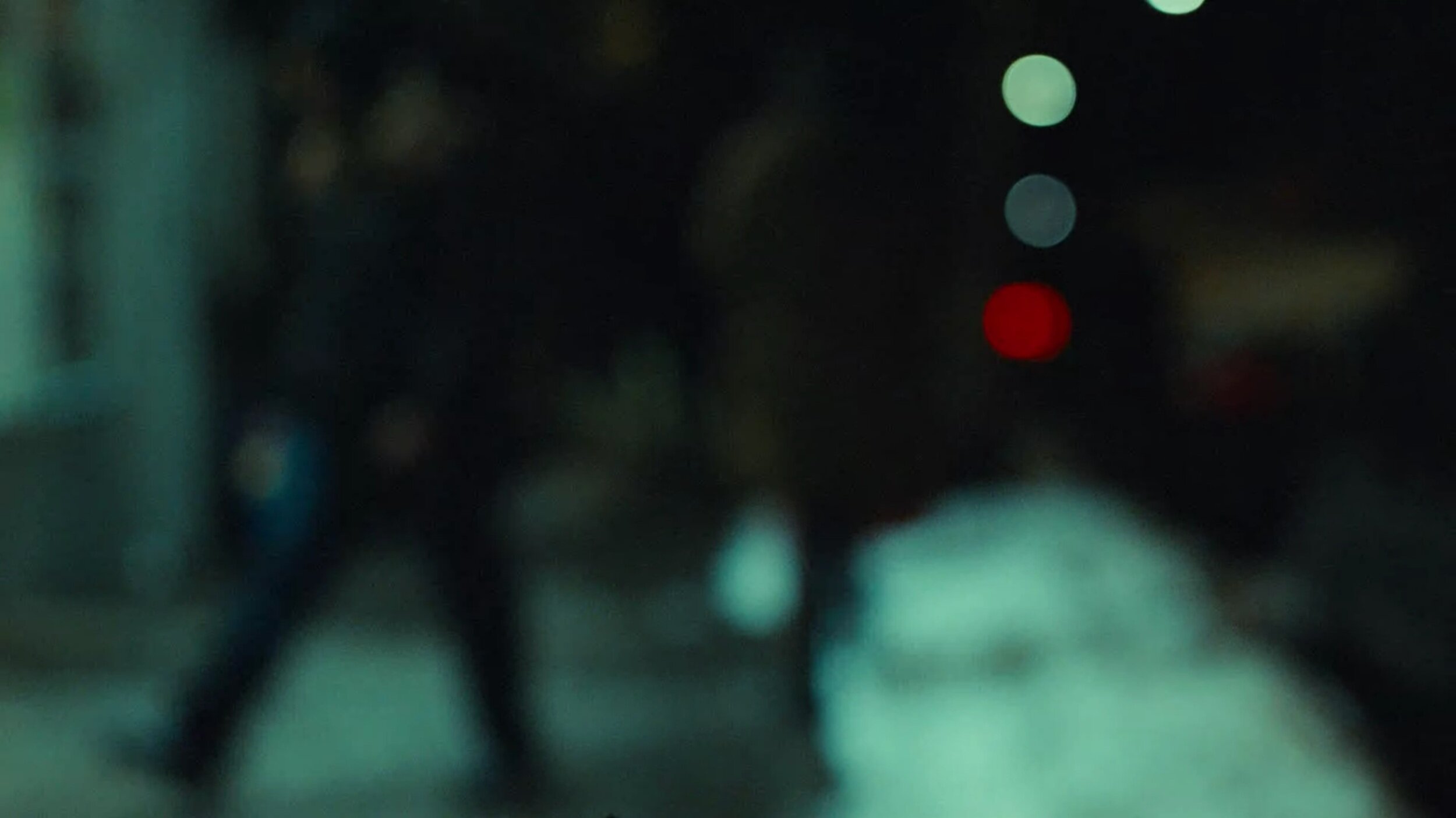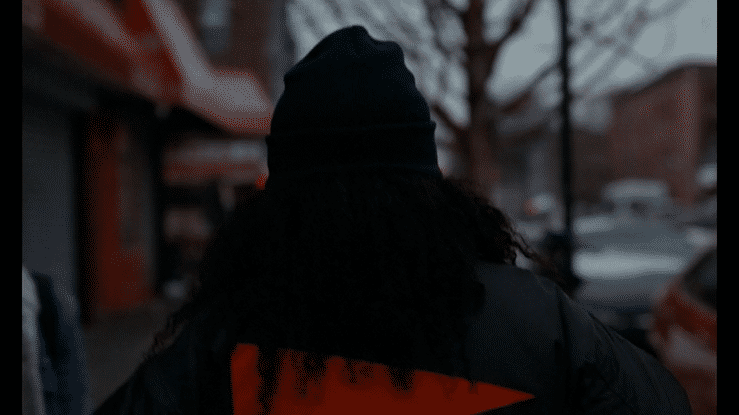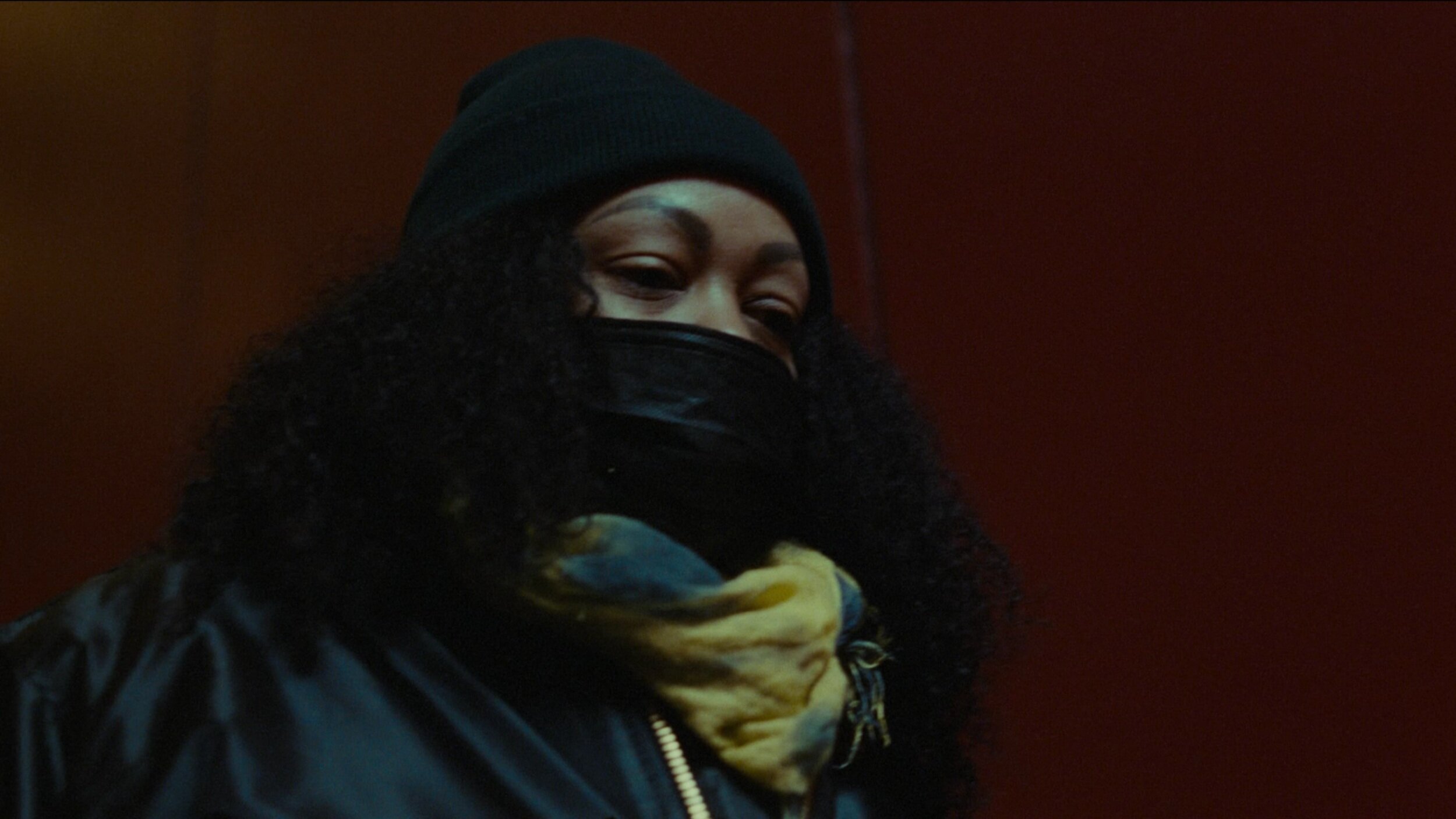Premiered on NOWNESS and screened at multiple international film festivals, Seven Hundred Fifty-Six is a 17-minute documentary directed by Andree Ljutica that intimately chronicles a single day in the life of Leah Faria, a woman navigating her 756th day on parole after serving a 22-year life sentence in a New York women's correctional facility. The film captures Leah's daily routines—replenishing PPE kits across New York City, caring for her family, and mentoring survivors of domestic violence—highlighting the resilience and complexity of reentry into society. Shot on 35mm film and incorporating Hi8 archival footage captured by Leah herself, the piece offers a nuanced portrayal of life after incarceration, emphasizing personal narrative over statistics. As Ljutica notes, the film aims to demystify the reentry process and inspire understanding toward those emerging from the prison system.
“SEVEN hundred fifty-six”

There is an unmotivated pace to the current state of prison reform—a dull, reluctant inching toward humanity. The system remains thick with profiteering, cloaked in talking points, and numbed by bureaucratic lassitude. And yet, just as any film about incarceration attempts to forge a shared language of recognition, any justice-involved person like Leah Faria redefines the image of the inmate.
Leah is what a convict looks like, but she is also what a mother looks like. A grandmother. A daughter. A mentor.
Yes, the statistics around incarceration in America are bleak, but there is optimism—in people. This motivated our decision to center Seven Hundred Fifty-Six not on Leah’s past, but on her present: her 756th day on parole, navigating work, care, and the slow, aching process of reentry.
To work with Leah is to witness a form of power forged in resistance—tenacity honed not in freedom, but in confinement. In her own words: “You can do the time, or let the time do you.”
Prison, for Leah, became a kind of sanctuary. She earned an Ivy League education behind bars, mentored other incarcerated women, and laid the foundation for her role today as a pillar in her Brooklyn community.
Her story isn’t a symbol. It’s a life in motion. I remain deeply grateful to have shaped this film around one day of it.




